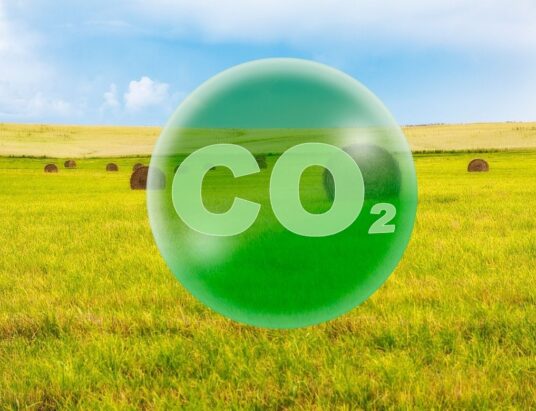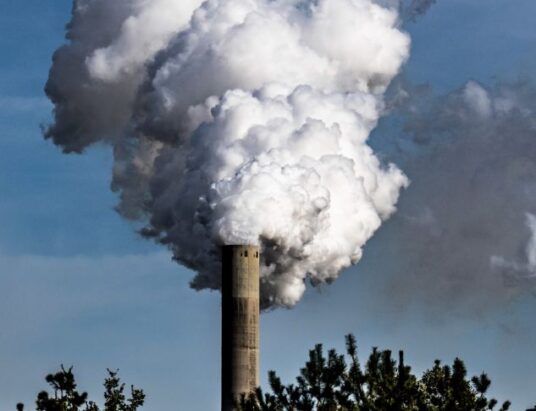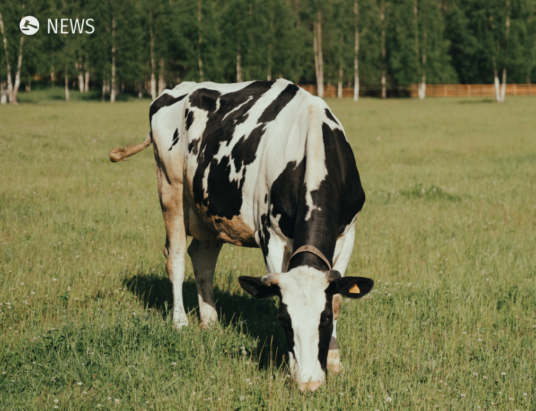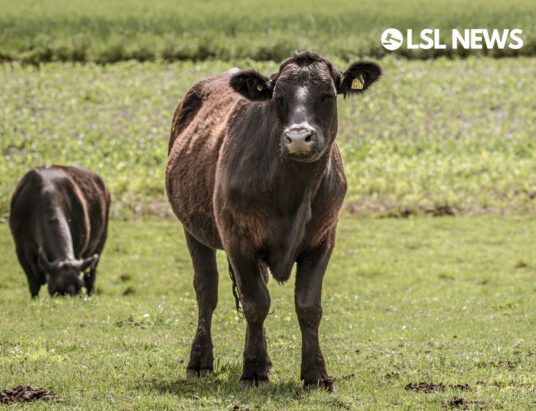Research initiative launched between Ireland and New Zealand
A new research initiative focusing on reduction of greenhouse gas emissions and enhanced carbon sequestration in ruminant, pasture-based production systems has been launched between Ireland and New Zealand. The launch of the new Joint Research Mechanism (JRM) is a result of the Ministerial Statement on Joint Cooperation in Agriculture between Ireland and New Zealand, made last October. Marking the signing of the MoA, Minister for Agriculture, Food and the Marine…




